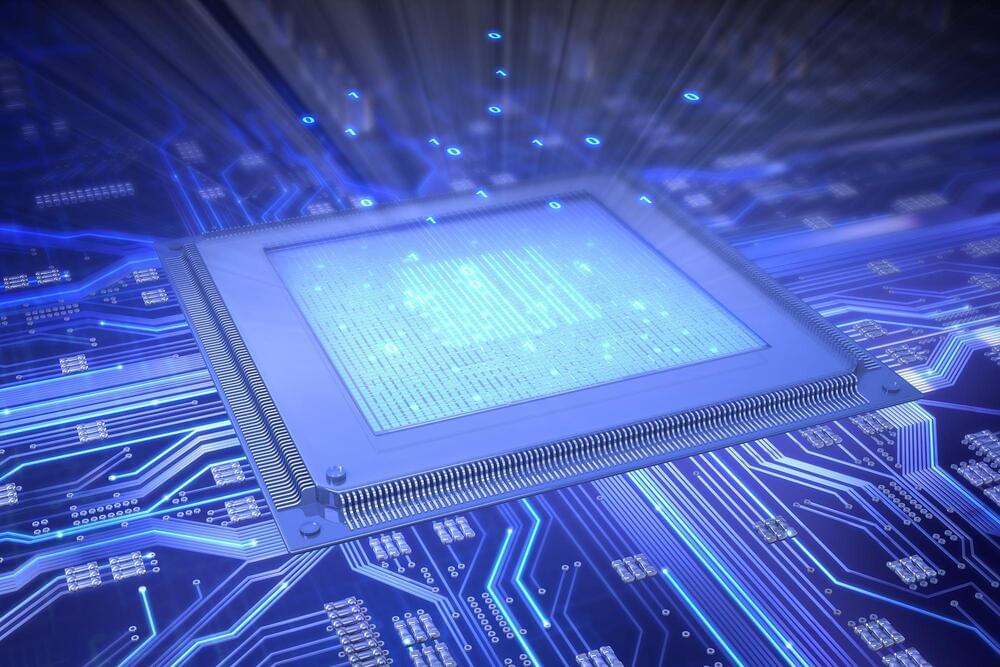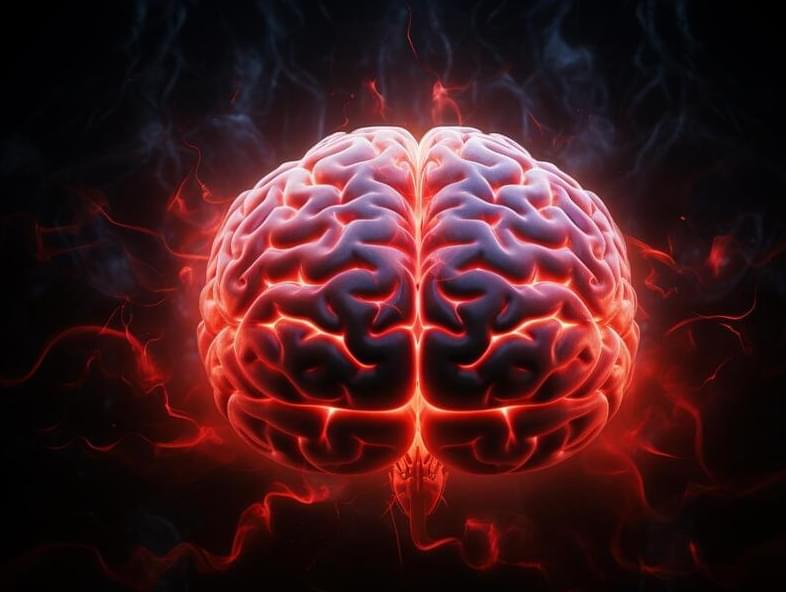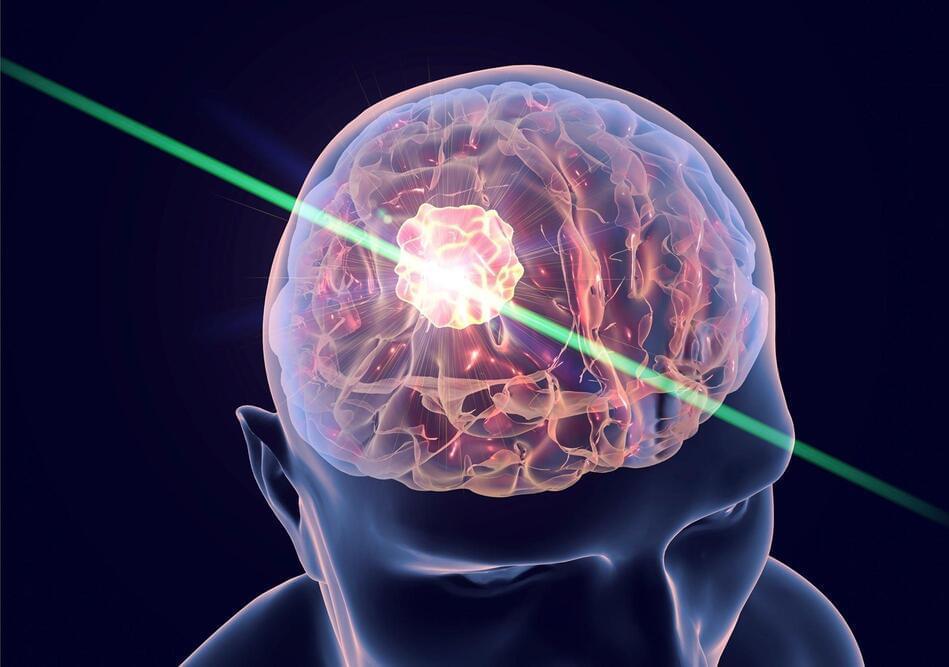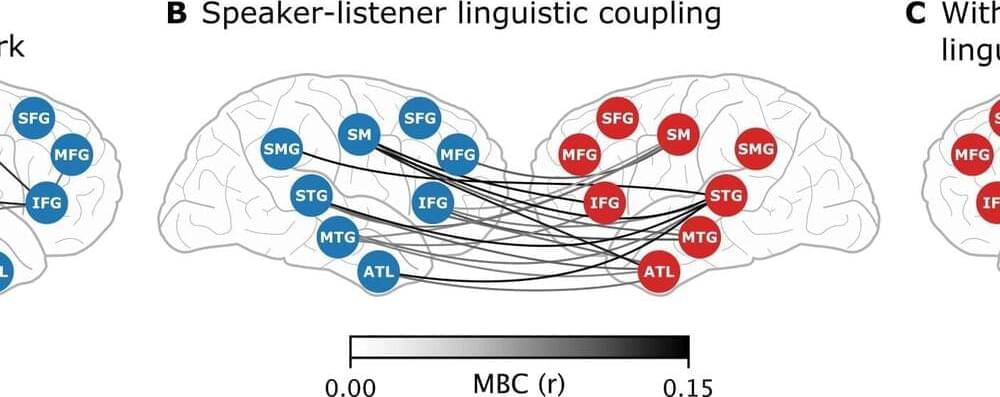Researchers at the University of Sydney have developed a new microscopy method that uses atom probe tomography to observe atomic-scale changes in materials. This advancement enhances understanding of materials properties and could lead to stronger alloys for aerospace, more efficient semiconductors, and better magnets for motors.
Researchers at the University of Sydney have developed a new microscopy method using atom probe tomography to explore atomic-level changes in materials, promising significant advances in materials science and engineering.
A new microscopy technique enables researchers to observe minute changes in the atomic structure of crystalline materials, such as advanced steels used in shipbuilding and custom silicon for electronics. This method has the potential to enhance our understanding of the fundamental origins of material properties and behavior.









